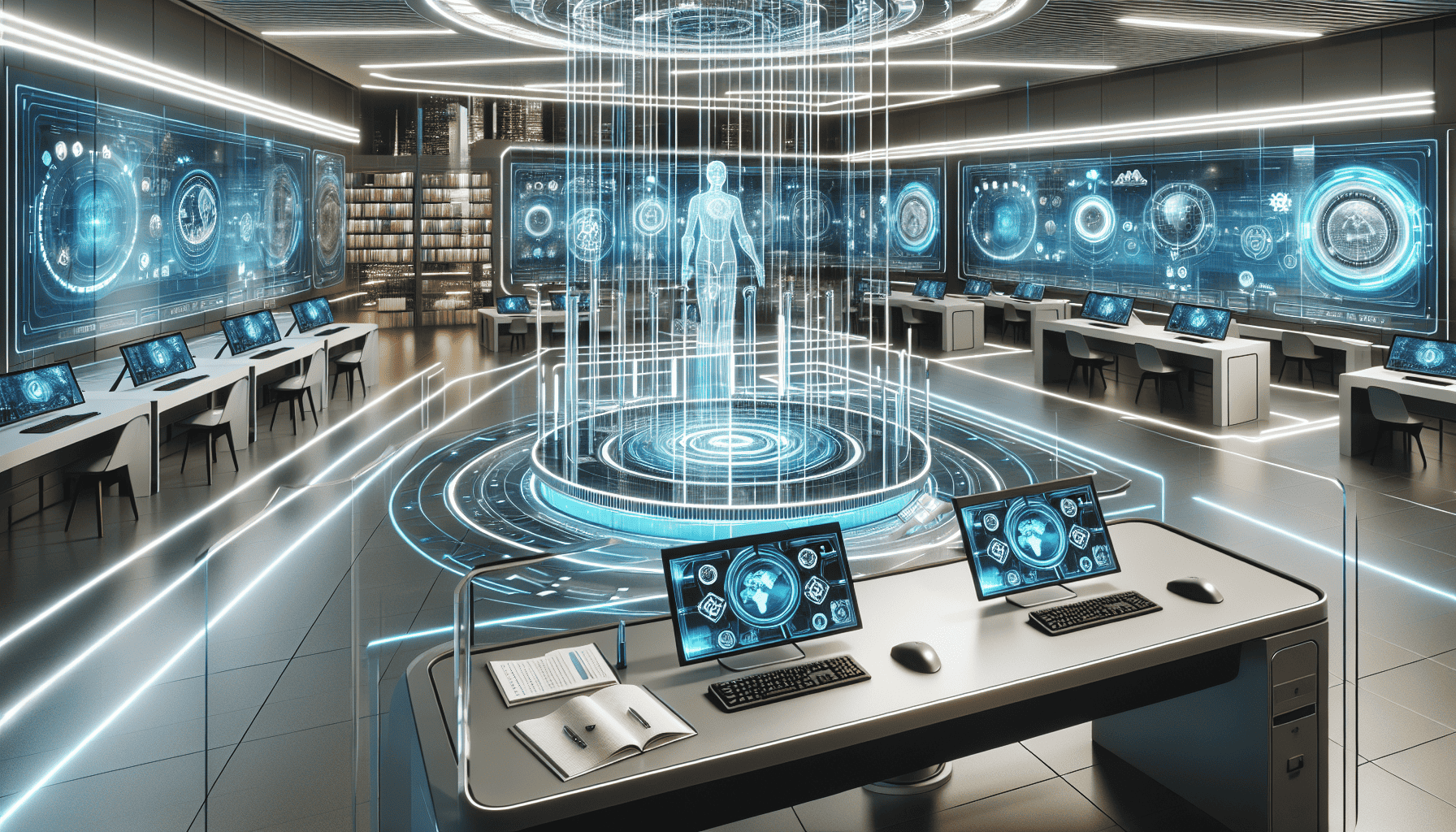In recent years, the rapid advancement of artificial intelligence (AI) has sparked a revolution in various sectors, and education is no exception. As we stand on the cusp of a new era in educational technology, the possibilities that AI presents are both vast and transformative. From personalized learning experiences to global access to quality education, AI is set to redefine the boundaries of what is possible in the world of learning.
One of the most significant impacts of AI on education is the potential for personalized learning. Traditional classroom settings often struggle to cater to the diverse learning styles and paces of individual students. However, AI-powered platforms can analyze a student's learning patterns, strengths, and weaknesses in real-time, allowing the creation of customized learning modules. These modules adapt dynamically, offering tailored content and exercises to ensure each student fully grasitates the subject matter before moving on. This adaptive learning experience can significantly enhance student engagement and comprehension, leading to improved academic performance.
Moreover, AI has the potential to democratize education by making high-quality resources accessible to a global audience. Online learning platforms embedded with AI can transcend geographical and socioeconomic barriers, bringing educational opportunities to underserved regions. Through virtual tutors and AI-driven chatbots, students from remote areas can receive assistance and guidance akin to having a personal tutor. This worldwide reach of AI can help bridge the education gap, fostering a more inclusive future.
AI also promises to transform the role of educators. Rather than replacing teachers, AI tools can complement their efforts, handling administrative tasks such as grading and paperwork and freeing up valuable time for teachers to focus on interactive and mentorship roles. Teachers can then concentrate on nurturing critical thinking, creativity, and social skills—areas where human touch and intuition remain irreplaceable.
Furthermore, AI can power the development of immersive and interactive learning environments. Technologies such as augmented reality (AR) and virtual reality (VR), when integrated with AI, can create engaging educational experiences that make learning more tangible and enjoyable. For instance, history lessons can be transformed into virtual time-travel experiences, or biology classes can turn into interactive dissections within an AR environment. Such experiential learning can foster a deeper understanding and retention of complex concepts.
Ethical considerations and data privacy concerns must accompany the rise of AI in education. As educational platforms collect vast amounts of data to deliver personalized experiences, robust measures must be in place to ensure this data's security and ethical use. It is crucial to strike the right balance between leveraging data for enhancement and protecting students' privacy and rights.
The future of learning with AI holds enormous promise, with the potential to craft more engaged, knowledgeable, and globally connected learners. As educational institutions, policymakers, and technology companies continue to innovate and collaborate, the focus must remain steadfast on developing equitable and accessible solutions that benefit all learners. By harnessing the power of AI, we are not merely imagining the classroom of tomorrow—we are building it today, one personalized lesson at a time.
